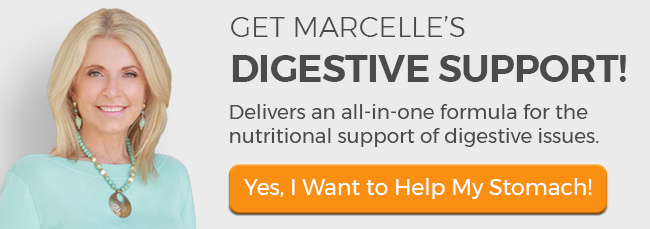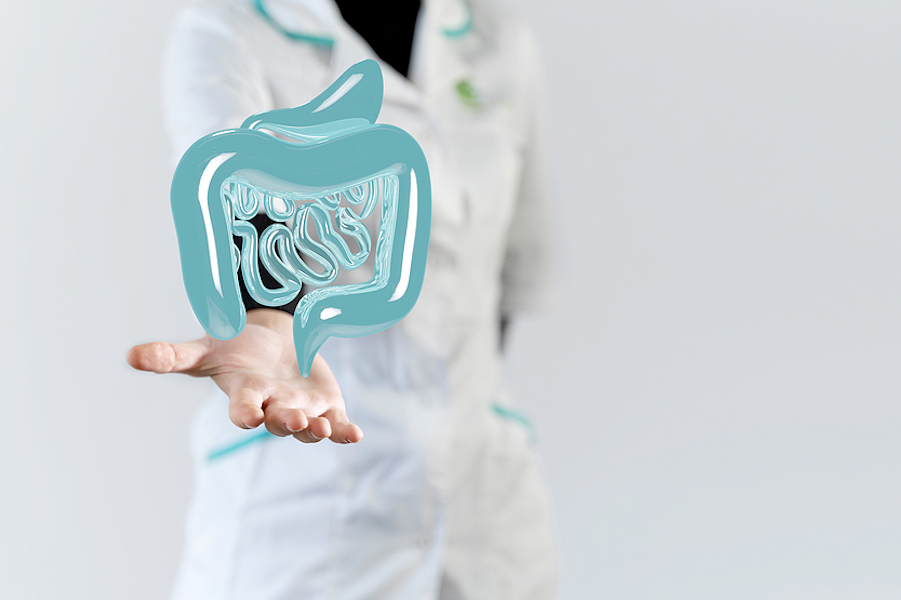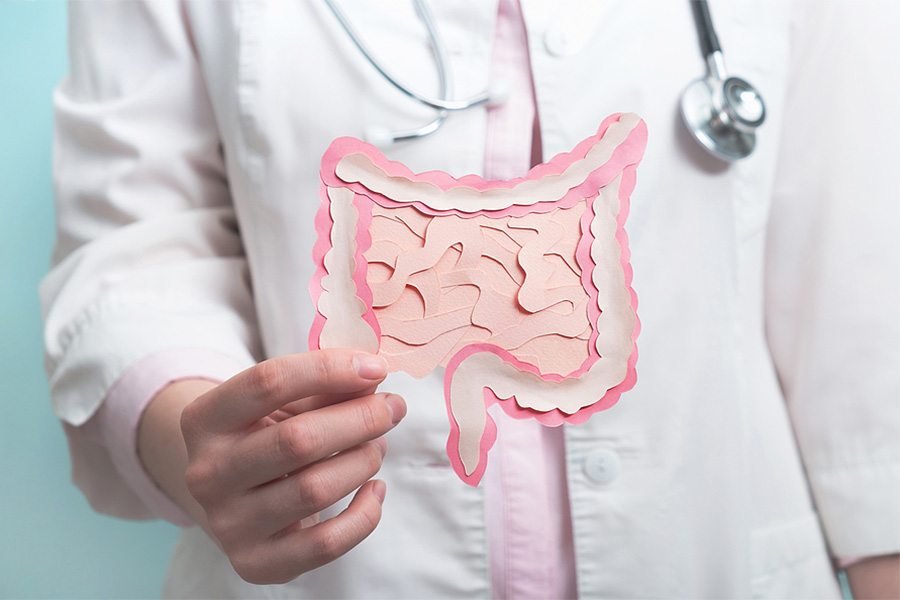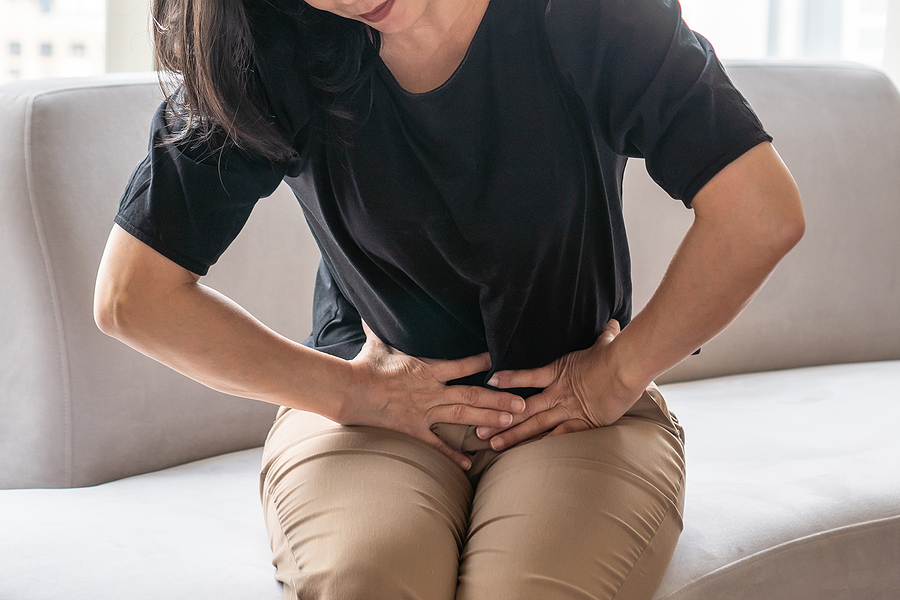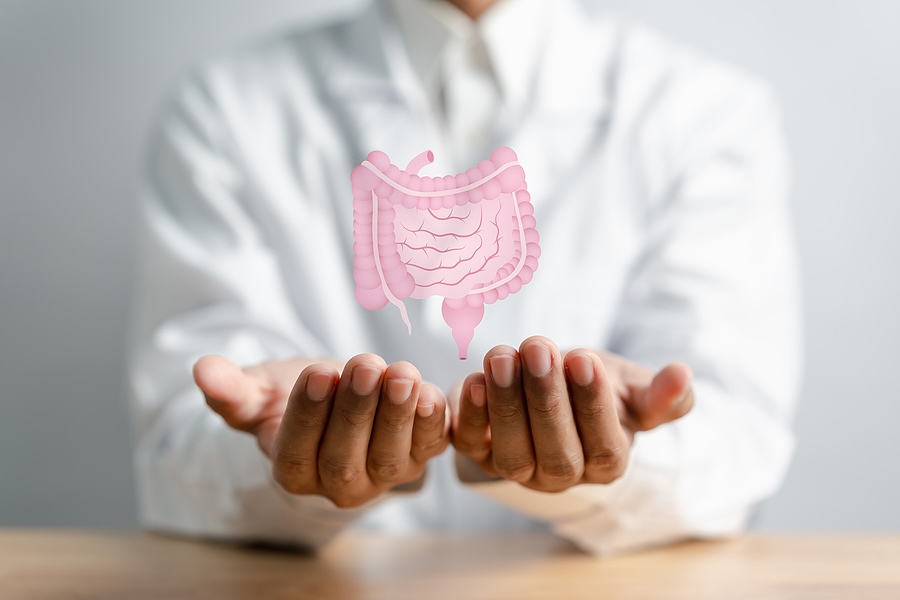Do you have any idea how connected your digestive health is to everything else going on in your body? Have you ever felt anxious or depressed and wondered what might be going on in your stomach? If the answer is no, it’s time to take a closer look at how your emotional health is connected to physical health. Finding the root cause behind symptoms – whether physical or emotional – is essential in creating and sustaining overall wellness.
I practice functional medicine because I know that everything in our bodies is interconnected. Often, the cause of an issue is not immediately related to the symptom; the symptom may be the result of something that happened “upstream” which created a chain reaction of sorts. So while the symptom may be cause for concern, the bigger challenge is tracking down how, why and where it all began.
Over the past three decades that I’ve been in practice, I’ve seen over and over again the importance of maintaining a healthy digestive tract: so many different symptoms can present when the bacteria in our digestive system become imbalanced.
I am thrilled to see so much new research and information in the media these days about the important role our gut flora play in our health; it’s so exciting to see what I have learned and experienced first-hand at the clinic begin to reach the mainstream, and to hear others finally talking about it too.
In my practice, I’ve connected gut bacteria to mental and physical health for more than a decade. But when most people think about mental health, they still focus on brain chemical imbalances. New research is now showing, however, that the imbalance causing anxiety and depression (and a host of digestive and other health concerns) may not be in your head; it may be in your gut.
Let’s look at the gut and brain connection and why it’s so important to your health.
What is Your Gut?
Your gut is considered to be your entire digestive system including your stomach, colon, and intestines. We have 100 trillion bacteria (about 6 pounds worth) in our guts. In comparison, we have about 37 trillion cells in our entire body! While gut bacteria is often labeled as either good or bad, all bacteria play a role and are necessary but they must remain in balance so that no one group takes over.
Bacteria help us break down food, absorb nutrients, run our immune system (70-80% of our immune cells reside in our intestines) and our digestive system. When we have too many of certain kinds of bacteria, it can cause us digestive distresses, obesity, and research now shows it can even impact our mood.
The bacteria in our guts generally coexist peacefully but when we get out of alignment, stressed out, eat poorly, don’t sleep enough, or take medications such as antibiotics, we upset the delicate balance, killing off necessary good bacteria we need for health and allowing other bacteria to take over. That’s one powerful reason why our lifestyle choices and diets have such a huge impact on our health!
Antibiotics were developed to kill off potentially deadly bacteria and they may be one of the greatest discoveries of all time for extending our health. But antibiotics kill off all bacteria: they do not differentiate between good and bad or which bacteria play what role. That means every time we take an antibiotic, we lose healthy bacteria as well. If we eat poorly, have stress or poor sleep, we create the environment for less healthy or potentially harmful bacteria to grow and we shift the balance of bacteria in our systems.
Gut Flora and Weight
While we’ve known for awhile that stress, poor sleep, and an imbalanced diet can lead to bacteria imbalances, studies also show that eating junk food, such as fast food, will kill off healthy bacteria. One genetic epidemiology professor put his son on a McDonald’s diet for 10 days as an experiment. He tested his son’s gut microbes and found 3500 species of bacteria before starting; by the end of 10 days, 1300 of the species had died.
In addition, the professor found that a new type of bacteria took control in his son and that the bacteria linked to obesity became present. Even more concerning was the fact that when his son resumed a normal diet, the species of bacteria that had been killed did not return! This will create an imbalanced environment in the gut that may lead to a host of potential health concerns over time if not corrected.
We have long assumed that fast food has been linked to obesity because it contains too many calories. But this study shows that the food itself may be altering gut bacteria balance and causing us to hold onto or gain weight. We’ve already seen lab studies showing that when mice receive bacteria from obese humans they become obese as well. A woman who had a fecal transplant and became obese following the procedure made headlines a few years back. These studies show that being obese is far more complex than simply eating too much and lacking willpower!
Conditions such as Irritable Bowel Syndrome (IBS), Crohn’s and Colitis have long been connected to gut health but now we are beginning to see connections between gut flora imbalances and diabetes, heart disease, and cancer as well. I expect we will see much more research on this in the years to come.
Gut and Brain Connection – How Your Gut Affects Your Mood
In addition to all of the connections already established between health, disease and your gut, research has now also shown that our gut is actually responsible for how we feel (good or bad) and is even connected to mental health concerns such as anxiety and depression.
For a long time scientists thought that we might feel good or bad simply because of how our digestive tract was doing; it’s hard to feel good if you feel bloated or have cramping. Now, however, researchers have been able to show it’s even more than that. Bacteria in our guts are actually able to produce hormones such as serotonin, dopamine and other mood enhancers — or detractors — directly! These chemicals are not just produced in the brain: they are created in our guts as well!
It’s incredible to think that we have hormones being created in our digestive systems and not just our brains: our stomachs are actually creating or altering our moods! This helps explain why I have been able to treat menopausal women who experience anxiety and depression so effectively through my nutritional plan and supplements.
In fact, scientists now believe that the neurons in the gut produce as much dopamine and those in the head and about 95% of the serotonin in the body measured at any point in time is typically in the enteric nervous system, or the nervous system found in the gut.
In the future, gut bacteria research may lead to alternative therapies and treatments for a number of mental health concerns. I am excited about what we will learn in the years to come. In the meantime, however, if you suffer from anxiety and depression, I encourage taking a look at your stomach and not just your head.
Final Thoughts on the Gut and Brain Connection
I believe time and more research will connect many of our modern diseases and conditions including obesity and other mental health concerns to gut health. More than ever, research is proving that we truly are what we eat and that food is our greatest medicine or our most dangerous poison.
I have found that eating whole foods, reducing stress, getting a good night’s sleep and taking a high quality multi-vitamin will go a long way to supporting better gut — and overall — health. In addition, adding more fermented foods such as kefir, sauerkraut, tempeh and miso to our diets can help to restore gut balance.
I also encourage all my patients to take a high quality probiotic to support better gut health, especially if they are experiencing any symptoms. Between antibiotics, processed foods, stress, poor sleep, and food contamination, everyone could use a little digestive health support and a good probiotic is an important part of maintaining and restoring healthy gut flora balance. If you are struggling with digestive concerns, weight gain or obesity, you need to restore balance in your gut flora. And if you are experiencing anxiety or depression, you’ll need to balance the hormones being created in your gut as well as your brain with healthy probiotic support.
You don’t have to experience digestive concerns or suffer from mood imbalances. At the clinic, we have helped thousands of women to feel like themselves again, and we can help you too.


